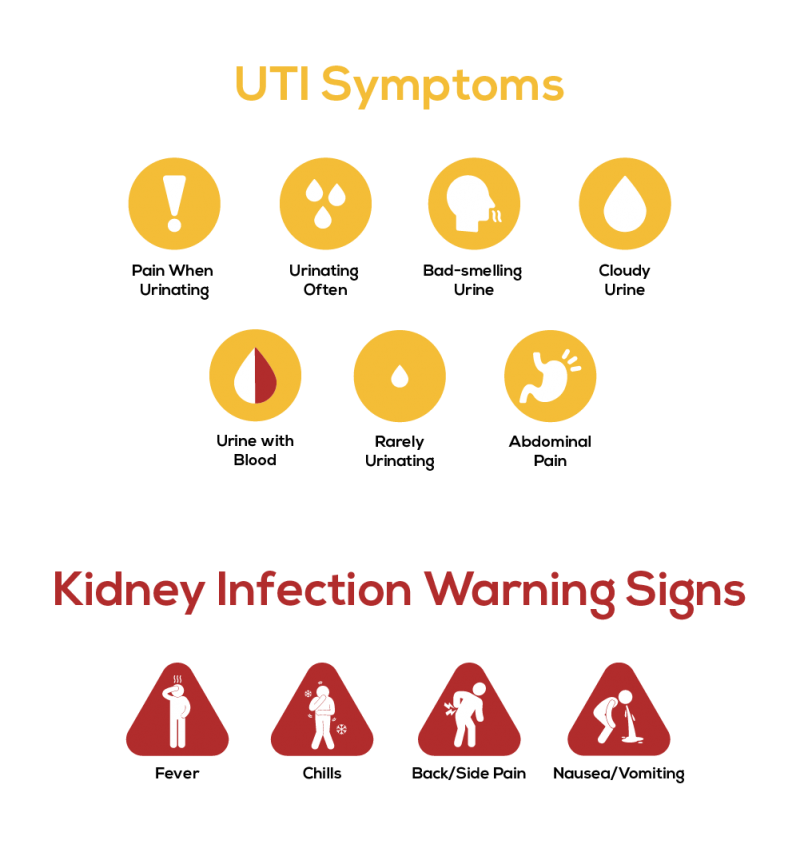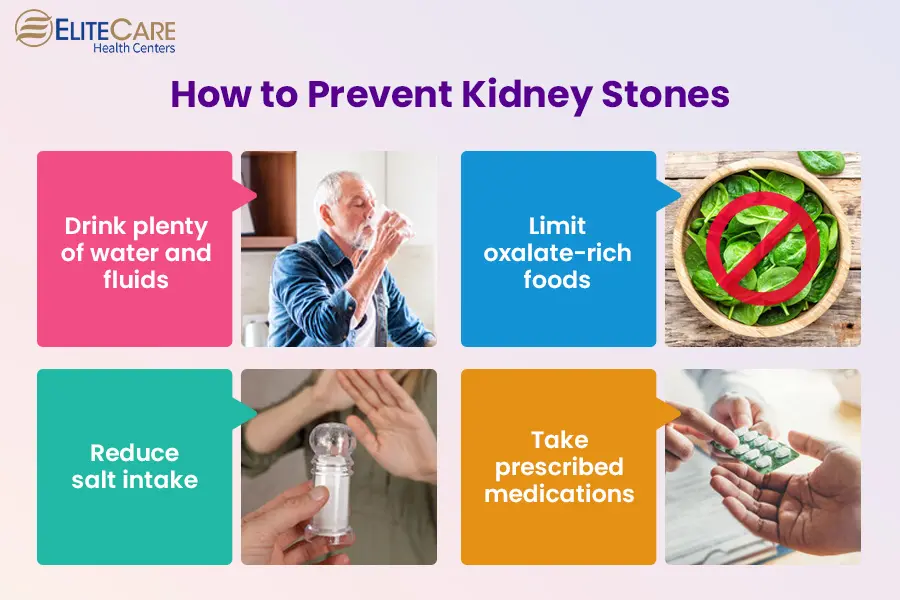Kidney Stones vs UTI: How to Determine and Treat Each Problem Successfully
Kidney Stones vs UTI: How to Determine and Treat Each Problem Successfully
Blog Article
Exploring the Symptoms and Causes of Kidney Stones in Comparison to Urinary Tract Infections: A Thorough Overview
The expedition of kidney rocks and urinary system infections (UTIs) exposes a complicated interaction of signs and symptoms and underlying causes that warrant cautious examination. What are the crucial distinctions in their symptoms, and just how might these educate treatment strategies?
Introduction of Kidney Stones
Kidney stones, likewise understood as kidney calculi, kind when certain substances in the pee crystallize and accumulation, leading to the advancement of tough down payments within the kidneys. These stones can vary in dimension, ranging from a grain of sand to a golf round, and can be made up of various products, one of the most common being calcium oxalate, uric acid, struvite, and cystine. The development of kidney rocks is influenced by numerous aspects, including nutritional behaviors, liquid consumption, and genetic tendency.
Signs of kidney stones may consist of extreme pain in the back or side, blood in the urine, queasiness, and regular peeing, particularly as the rock relocates via the urinary system system. Diagnosis commonly includes imaging studies such as ultrasound or CT scans, alongside urinalysis to identify the rock's make-up.
Therapy options differ based on the dimension and type of rock, as well as the severity of signs and symptoms (Kidney Stones vs UTI). Tiny rocks may pass normally with increased liquid consumption, while bigger rocks might need clinical treatments such as lithotripsy or surgical elimination. Comprehending the pathophysiology and danger elements connected with kidney rocks is crucial for efficient avoidance and monitoring
Review of Urinary Tract Infections
Urinary system infections (UTIs) are common microbial infections that impact any kind of component of the urinary system, including the kidneys, ureters, bladder, and urethra. They predominantly occur when bacteria, typically from the stomach system, get in the urinary system, leading to swelling and infection.
The prevalence of UTIs is especially higher in women than men, primarily because of physiological differences, such as a much shorter urethra. Danger variables consist of sex, specific contraceptive approaches, urinary retention, and dehydration. The medical diagnosis of UTIs is normally validated via urine examinations, which may expose the existence of bacteria, leukocyte, or red cell.

Signs And Symptoms of Kidney Stones
The discomfort connected with kidney rocks can show up in various methods, usually leading individuals to seek clinical attention. One of one of the most typical signs and symptoms is serious pain, generally local in the lower back or side, which may radiate to the abdominal area or groin. This discomfort, commonly called sharp or cramping, can happen suddenly and may change in strength.
Additionally, individuals might experience hematuria, or blood in the urine, which can vary from tiny total up to noticeable discoloration. This symptom might be come with by changes in urinary system practices, such as enhanced frequency or seriousness, as well as discomfort during urination. Queasiness and vomiting are also prevalent, often resulting from the body's response to intense pain.
Sometimes, individuals might experience high temperature and chills, particularly if an additional infection establishes as a result of the obstruction caused by the rocks. Generally, the combination of severe discomfort, hematuria, transformed urinary patterns, and stomach symptoms can offer considerable understanding right into the visibility of kidney rocks, necessitating prompt clinical analysis and treatment. Understanding these signs is crucial for timely medical diagnosis and efficient administration of the condition.
Symptoms of Urinary System Tract Infections
Infections within their website the urinary system tract typically present an array of unique symptoms that can substantially influence every day life. One of the most common signs and symptoms include a relentless impulse to urinate, typically gone along with by a burning experience throughout urination, referred to as dysuria. Individuals may additionally experience enhanced frequency of urination, generating percentages of urine each time.
Various other significant signs and symptoms consist of gloomy or reeky pee, which might indicate the existence of bacteria or pus. In some situations, urine might show up red or pink because of the presence of blood, a condition recognized as hematuria. Furthermore, individuals might experience pelvic discomfort or pressure, which can better aggravate the sensation of seriousness.
Systemic signs may additionally manifest, such as high temperature, cools, and fatigue, particularly if the infection has actually ascended to the kidneys. It is important next page to identify these signs and symptoms early, as unattended urinary system system infections can lead to extra serious issues. Kidney Stones vs UTI. Prompt clinical interest is suggested when these signs are observed, enabling for ideal diagnostic examination and therapy to ease discomfort and prevent further health issues
Root Causes Of Each Condition
Frequently, kidney stones and urinary tract infections emerge from unique yet often overlapping reasons that can influence individuals differently. Kidney stones normally develop because of metabolic elements, dietary selections, and hereditary proneness. Enhanced degrees of calcium, oxalate, or uric acid in the urine can bring about rock development. Dehydration, insufficient liquid consumption, and high-sodium diets can worsen these problems, advertising crystallization within the urinary tract.

Comprehending these unique reasons is crucial for prevention and treatment. Kidney Stones vs UTI. While lifestyle alterations may minimize the danger of kidney stones, appropriate health and prompt therapy of urinary tract infections are essential for decreasing their recurrence and associated complications
Final Thought
In recap, kidney rocks and urinary system infections existing distinct signs and symptoms and underlying causes. Kidney stones are characterized by severe discomfort and metabolic elements, while urinary system system infections primarily involve bacterial infections leading to urinary system seriousness and pain. Both conditions can result in hematuria, their development devices vary significantly. Understanding these differences is important for effective medical diagnosis and therapy, eventually enhancing person end results for those impacted by either condition.
The exploration of kidney stones and urinary system tract infections (UTIs) exposes a complex interaction of signs and underlying reasons that call for mindful examination.Urinary system infections (UTIs) are typical bacterial infections that affect any kind of part of the urinary system, including the kidneys, ureters, bladder, and urethra.Regularly, kidney stones and urinary tract infections develop from distinctive yet in some cases overlapping reasons that can affect individuals in different ways.In summary, kidney rocks and urinary system system infections present unique signs and symptoms and underlying causes. Kidney rocks are defined by serious pain and metabolic aspects, while urinary tract infections mainly involve bacterial infections leading to urinary system necessity and discomfort.
Report this page